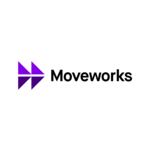Viewpoint: N.Y.’s Proposed Virtual Currency Licensing Regulations: The Right Direction but Still a Bumpy Road
Leading payments lawyer Judie Rinearson calls N.Y.’s proposed “BitLicense” rules comprehensive, but are they so comprehensive they’ll chill virtual currency businesses in the state? Give us your opinion in Pay Poll.
































































